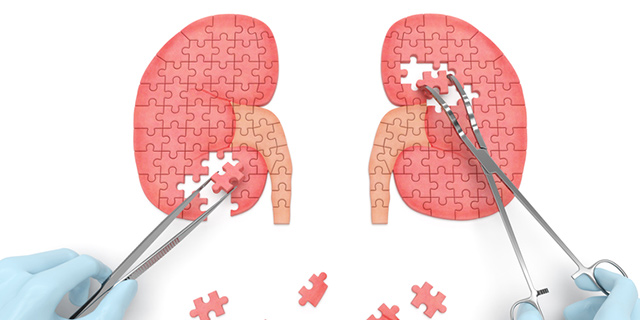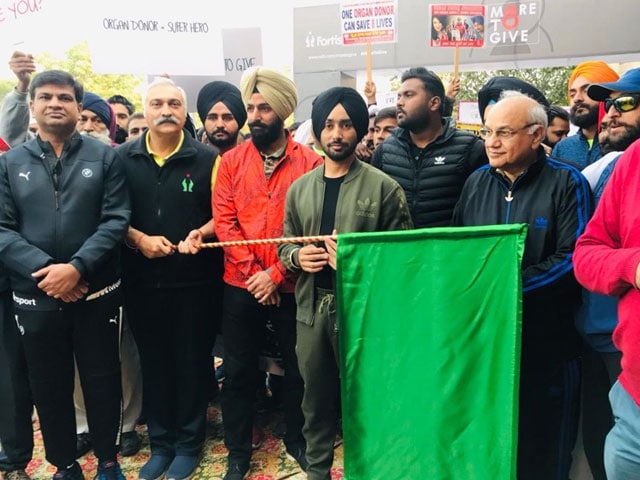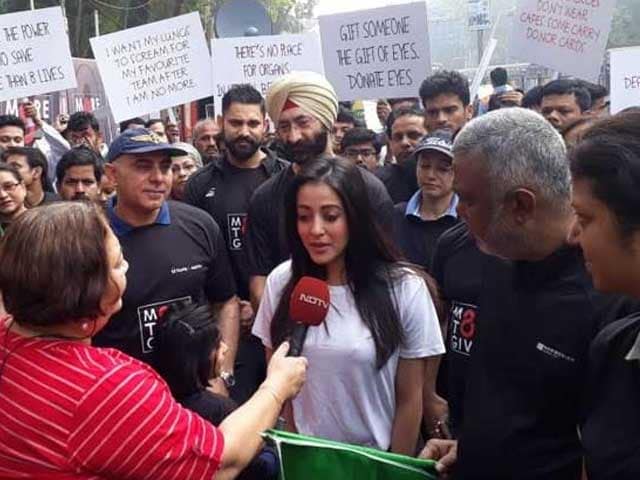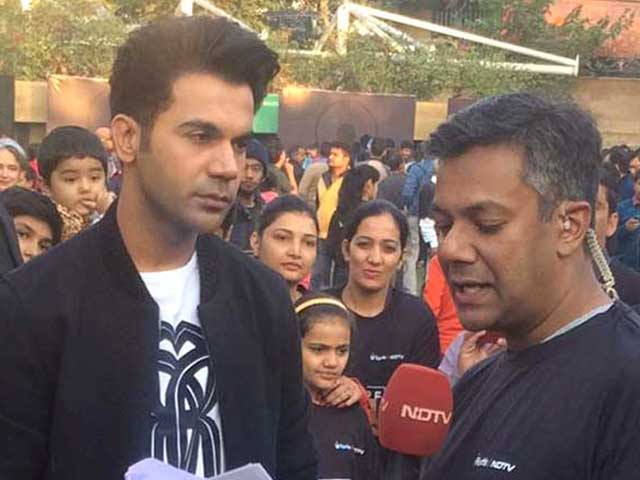
New Delhi: External Affairs Minister Sushma Swaraj, who is undergoing treatment in AIIMS, had tweeted that she was being tested for a possible kidney transplant in the hospital.
I am in AIIMS because of kidney failure. Presently, I am on dialysis. I am undergoing tests for a Kidney transplant. Lord Krishna will bless
— Sushma Swaraj (@SushmaSwaraj) November 16, 2016
While well-wishers flooded her timeline with numerous concerns and good wishes, we take a look at the facts and figures that govern renal transplantation in India.
Around 1.6 lakh patients are waiting for organs in the nation with a mere 12,000 donors available. The Ministry of Health has estimated that the annual requirement for kidneys could range between 1-2 lakh with a mere 5,000 transplants occurring in reality.
fre


With such a discrepancy between the demand for and supply of kidneys, the government has been trying to push deceased donor or cadaver donations. However, even those numbers are dismal.
According to the Indian Transplant Registry, a non-governmental initiative by the Indian Society of Organ Transplantation, out of the 21,395 kidneys transplanted in India between 1971 and 2015, only 783 were from cadaver or deceased donors. The lack of awareness and processes and hesitation by family members are some of the main reasons for lower cases of deceased donors in India.

According to the MOHAN Foundation, a non-governmental organisation, the maximum number of kidney donations in 2014 took place in Tamil Nadu with 227 donations followed by 104 donations in Kerala, 89 in Maharashtra and 92 in Andhra Pradesh. Between 2012 and 2014, the rate of deceased organ donations also significantly increased from 0.16 per million population to 0.34.

Also read:
Sushma Swaraj Undergoes Dialysis For Kidney Failure, Seeks Transplant









If most donors come within the family the situation can ease.Unfortunately this is not the case due to flashing black money to purchase organs,this cannot be curbed with de monetisation.
I would like to bring the point of insurance companies not insuring donors despite them being in perfect health. Having one kidney is a per-condition for not insuring a donor. until this is rectified by law, there will always be a shortage of donors.